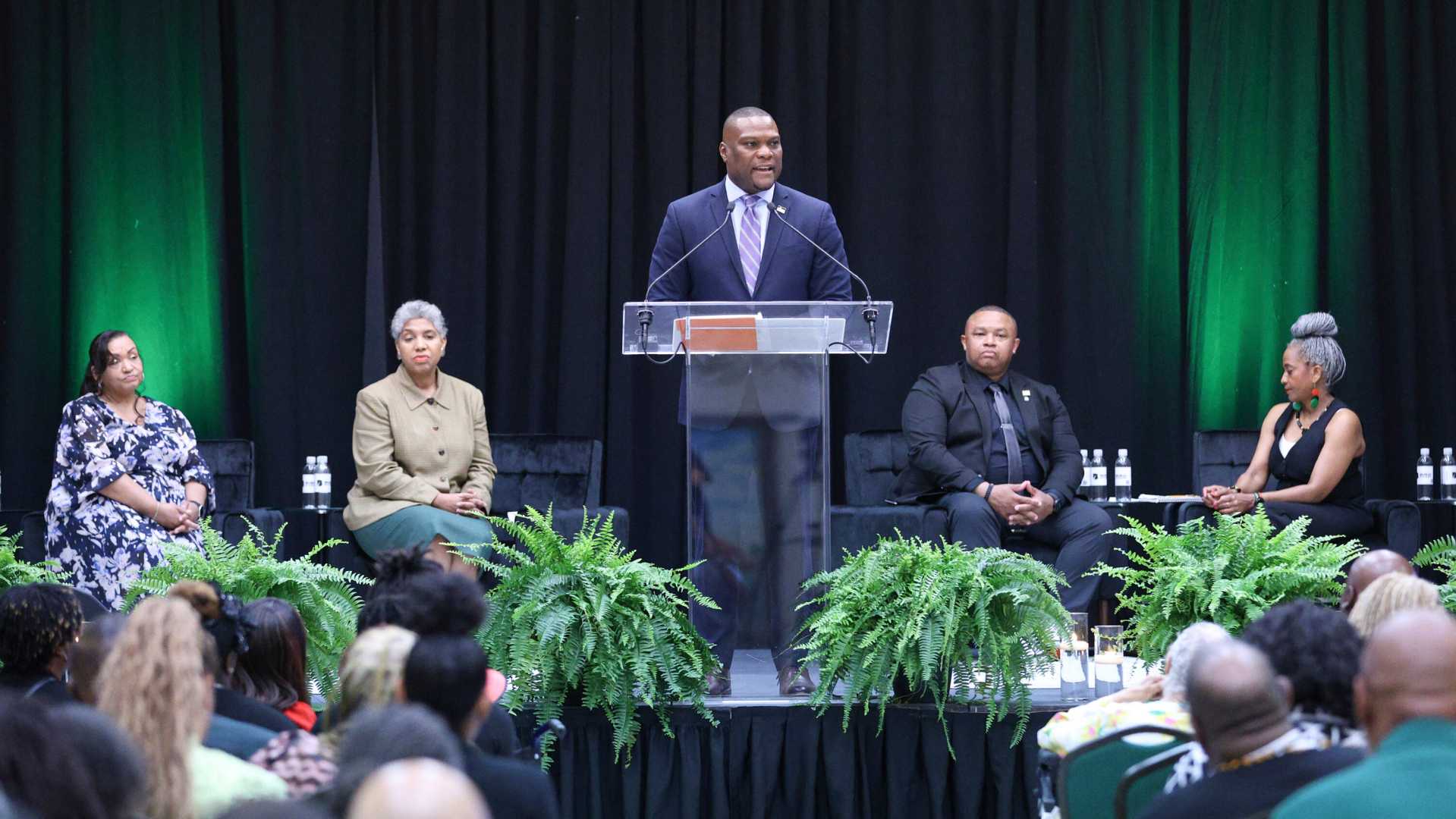News
Tulsa Proposes $105 Million Reparations Package for Race Massacre Victims

TULSA, Okla. — The city of Tulsa is set to award its black community a $105 million reparations package to address the historical harms caused by the Tulsa Race Massacre of 1921. The announcement was made by Monroe Nichols, Tulsa’s first black mayor, on Sunday during the city’s inaugural Tulsa Race Massacre Observance Day.
This reparations plan, called the Road to Repair, prioritizes community redevelopment rather than direct payments to the descendants of victims or the two surviving witnesses of the massacre. The funding will come from a private trust, which has secured commitments of $105 million in assets by June 1.
Out of the total funds, $24 million will be allocated for a housing fund and $60 million will focus on cultural preservation efforts aimed at revitalizing areas hit hardest by the massacre. Nichols highlighted the economic ramifications that followed the massacre, including highway construction that impeded economic growth and systemic disinvestment in the black community.
“The Tulsa Race Massacre has been a stain on our city’s history… hidden from history books,” Nichols stated during the announcement. The Greenwood Trust, named after what was once a thriving black neighborhood dubbed Black Wall Street, will manage the funds.
In 1921, a mob destroyed the Greenwood District, killing an estimated 300 black residents and rendering over 1,000 homes and businesses to rubble in less than a day. Nichols explained that this devastation robbed Tulsa of an economic future and left lasting trauma in the community.
The topic of reparations has been contentious across the United States, with efforts varying widely by locality. While Evanston, Illinois, previously became the first city to provide reparations in 2021, Tulsa’s plan marks the first major nationwide initiative aimed at addressing the impacts of a racially motivated assault.
In May, Maryland‘s Governor Wes Moore announced plans to veto a study commission for reparations in his state. Meanwhile, California recently apologized for its history of discrimination and initiated some reparations but did not offer direct financial compensation.
Amid these efforts, the last known survivors of the Tulsa Race Massacre, Lessie Benningfield Randle and Viola Ford Fletcher, lost their court battle last summer seeking individual reparations.












